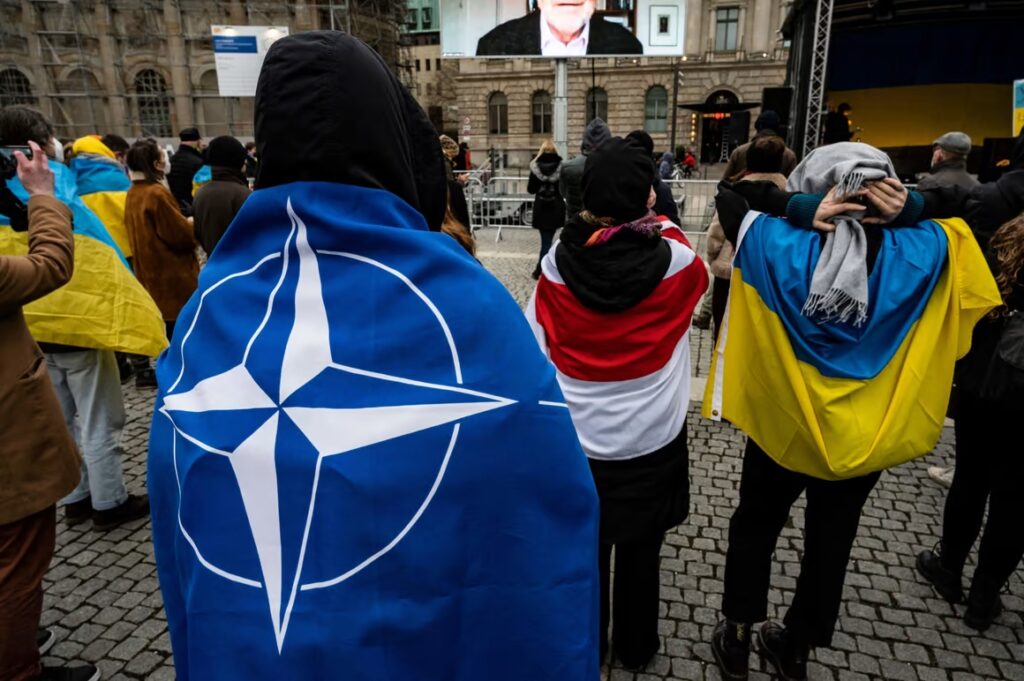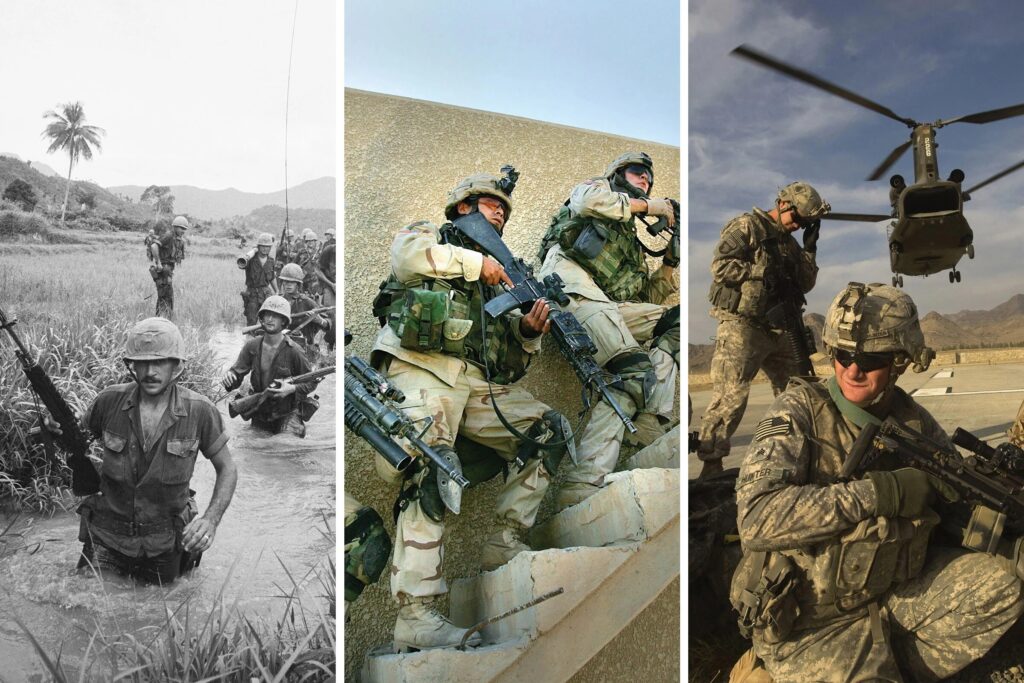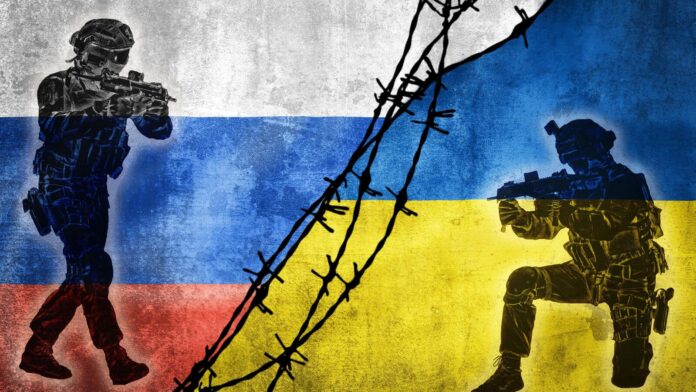Rarely a recent conflict has been more replete with lessons for the policy making elite than the Ukraine-Russia war. This marks the end of the optimistic bonhomie of the 90s and definitively starts another era of a new Cold War between the US and its allies on one side and Russia and China aligned nations on the other. The fallout of this fight is enormous and unpleasant and cannot be ignored for exactly those reasons! Consider the following lessons for policy makers and national security practitioners.
Internationalism is important but the ground reality in Ukraine suggests that nationalism is till the pivotal force that bands a country together.
War and usurping of land will continue – it is surprising how alien this notion may seem in this era of international oversight and various military jurisdictions. Nonetheless, the annexation of Crimea first and the attack on Ukraine second gives credence to the fact that war can still happen and if allowed, countries can end up losing territory to their neighbours. Further back, the Iran-Iraq war, the Afghanistan conflict and Gulf Wars (I & II) are additional evidence which confirms that hard power is still the favoured asset for nation states to further their interests!
The only helping hand is at an arm’s length – considering that the spectre of war is ever present and that nations will always pursue their own interests, it is imperative to realise that self-reliance is key to existing honourably in this globalised albeit dangerous world. To that end, the first port of call needs to be a strong defence force. Had Ukraine possessed a standing army of good calibre and abundant & modern military equipment, Russia would have thought twice before starting its current campaign! But the need for self-reliance is not limited to fighting arms alone, it is also crucial in the economic, social, industrial and corporate strata as well. Only then the notion of self-reliance comes full circle! Moreover, deterrents – such as nuclear or advanced weapons capability – can also ensure that national security and territorial integrity doesn’t get challenged easily. The rollback of such options in Ukraine also contributed to their weak position with regards to their ability to stand up well against Russian intrusion – no matter how much the Western world reiterated its theoretical support to the Ukrainian cause!
The Kremlin’s original contention – arguable to a certain degree – was that NATO is simply overreaching its bounds by not honouring the agreement to not expand Eastward
All talk, minimal action is still the mantra of the international community – imagine a school yard fight where friends urge a pupil to take on the class bully and then are nowhere to be seen when the fight ensues! The Western world in general and NATO in particular left the Ukrainians to fend for themselves after encouraging them to stand up to Russia! Moralistic rhetoric, general condemnation, broad sanctions and minimal arms help only to go so far in order to help a friend when the need of the hour is to stand shoulder to shoulder to fight the aggressor. Talk is cheap, definitive actions – not so much!

Geography of the country matters even now – strategic location comes keenly into play in any international calculation. For Ukraine, it acts as the critical passage that connects Europe with Asia and in fact is the very core of the Eurasian ‘heartland’ as dubbed by Sir Halford Mackinder in his article “The Geographical Pivot of History”. Such a spot can become many things to many aspiring warriors, conquerors, czars, kaisers and kings – a trading corridor for economic bounty, a funnel for the projection of military dominance and a buffer to ensure territorial sovereignty. That is why, smaller countries such as Ukraine generally become a proxy battle ground for the superpowers of this world!
A trading corridor for economic bounty, a funnel for the projection of military dominance and a buffer to ensure territorial sovereignty
There is no honour among thieves – this reflects the old adage of power corrupts and absolute power corrupts absolutely! In the context of the Ukraine-Russia war, the Kremlin’s original contention – arguable to a certain degree – was that NATO is simply overreaching its bounds by not honouring the agreement to not expand Eastward. For its part, NATO saw an opportunity to encircle Russia and took it. Unfortunately, that is the nature of power, those who have it – will use it for their own gains! This is not to say that Russia didn’t hide its global ambitions – after all it annexed Crimea!

David can still be problematic for Goliath – while size and might is important, the connected and tedious nature of this world suggests that David can still create problems for Goliath! Although Russia perhaps envisaged a swift achievement of its objectives but Ukraine had other ideas i.e. to engage and bog down the Russian army in small and street-by-street skirmishes in almost all strategic flashpoints in the country. This is owed as much to the planning and disruptive communicating capability of social media as it is to the tactics of guerrilla warfare used by the Ukrainian forces.
Moralistic rhetoric, general condemnation, broad sanctions and minimal arms help only go so far in order to help a friend when the need of the hour is to stand shoulder to shoulder to fight the aggressor
Internationalism taking the hit, nationalism here to stay – the carrot of internationalism is important but the ground reality in Ukraine suggests that nationalism is still the pivotal force that bands a country together. While the West generates a cacophony of noise around international democratic ideals, the Ukrainians are fighting the Russians for something completely different – families, culture, communities, homeland, heritage, religion! In a nutshell, all the tendencies that behove nationalism. On the other hand, all the international pressure has forced Russia to defend its nationalistic aims and not worry too much about the calls for respecting international liberalism.
Like many wars before it, the Ukrainian-Russian tussle will be settled somewhere down the line – in one form or the other. What will be important is not to ignore the messages that have emanated from this conflict. It is incumbent upon the policy making elite to heed these lest they want to repeat the mistakes of their predecessors and fall short of the high standards expected of them.




